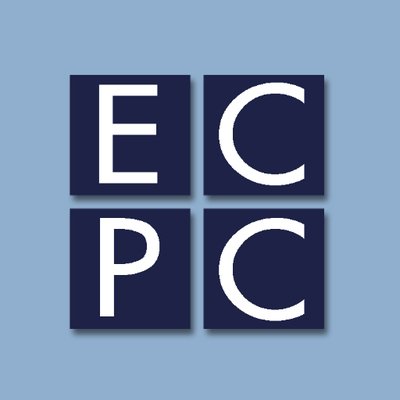Note: May is Better Hearing and Speech Month.
Infancy and early childhood are important times of life for all children, but more so for those who have delays in development. These delays may be from genetic conditions, disabilities, various risk conditions, or unknown reasons. While families may be the first to recognize a difference in their child’s developmental progress, professionals trained and licensed in early childhood intervention have the skills and knowledge to detect a developmental delay and to then provide intervention to remediate and/or minimize its impact on a child’s development.
Traditionally, professionals train in a single discipline that usually corresponds to an area of development. For example, speech-language pathologists are experts in the development of communication. Likewise, physical therapists are experts in a child’s physical or motor development. Additionally, most disciplines are trained to offer services and intervene across a broad age range—the lifespan of an individual. When a person completes a program of study in a discipline, the individual is then licensed in that discipline to provide services to persons across the lifespan.
These training and licensing practices create two challenges to providing effective early childhood intervention to infants and young children and their families:
- Interventions may be focused to specific areas of development by discipline specific interventionists (e.g. an occupational therapist provides specific motor intervention and does not incorporate any other areas of development into her therapy/intervention); and
- Interventions may be provided by a person who does not have any specific experience or competence in infancy or early childhood.
To address these challenges, the Early Childhood Personnel Center (ECPC), which is funded by the Office of Special Education Programs (OSEP) at the U.S. Department of Education, joined representatives from seven national organizations to examine the professional knowledge, skills and competencies that all disciplines should have when providing intervention to infants and young children.*
First, ECPC identified personnel standards (i.e., knowledge and skill statements) for each of the disciplines represented by the organizations. This yielded 752 individual standards. The organizations and ECPC aligned and reduced these standards until four thematic areas emerged that encompassed all disciplinary standards. Representatives of the seven organizations endorsed these as equally important to all disciplines providing early childhood intervention services. These representatives also operationally defined each area, which are contained in the following table:
Operationalized Definitions of the Four Core Competency Areas
| CORE COMPETENCY AREA | DEFINITION |
| Family Centered Practice | Family-Centered Practice is culturally competent practice in natural settings that involves and actively engages the family in decision-making and the provision of services/therapy. |
| Interventions Informed by Evidence | Evidenced Based intervention requires the use of scientifically based evidence to inform all screening, assessment, intervention/instruction and evaluation delivered to an individual child and family. Databased intervention and instruction refers to the process of collecting data about a child’s level of performance and designing and implementing a plan (e.g. IEP, IFSP) of instruction/ intervention that is evidence-based and focused on remediating a child’s and family’s needs. |
| Coordination and Collaboration | Coordination and collaboration refers to working across professionals from other disciplines and community organizations in every facet of intervention/instruction. |
| Professionalism | Professionalism requires all who provide early childhood intervention to have knowledge and skills in the laws, policies, practices that govern their professional discipline. It also requires that all in early childhood intervention demonstrate professional ethics and advocacy with each infant, young child and family they work with. Professionals in early childhood intervention will also take responsibility to improve their knowledge and skills through professional development and self-reflection. |
The organizations’ boards endorsed these areas and definitions, and the organizations are now working with the ECPC to identify and validate indicators for each competency area. Training and materials will then be developed for both preservice and in-service audiences to teach and support early intervention professionals from multiple disciplines to provide interventions for the infants and young children across developmental areas.
It should be noted that these competencies will not replace the need for therapists and teachers to retain expertise and be licensed in their own discipline to address the needs of the infant or child. Rather, it will help ensure the effectiveness of integrating all developmental areas into a child’s interventions.
* The seven organizations included: The Council of Exceptional Children (CEC), the Division of Early Childhood (DEC), the American Occupational Therapy Association (AOTA), the American Physical Therapy Association (APTA), the American Speech-Language-Hearing Association (ASHA), the National Association for the Education of Young Children (NAEYC) and Zero to Three.
Blog articles provide insights on the activities of schools, programs, grantees, and other education stakeholders to promote continuing discussion of educational innovation and reform. Articles do not endorse any educational product, service, curriculum or pedagogy.



Thanks for sharing a informative post. Early language acquisition is instinctive and for most children tends to happen quite naturally.
I am an educator in ECE I would like more training on intervention special education and intervention. I have a BA degree in ECE, would like to gain more knowledge.